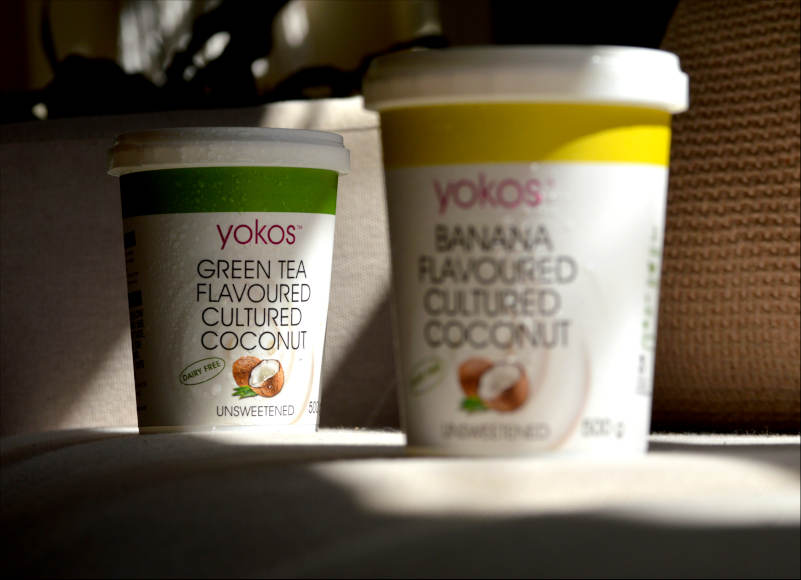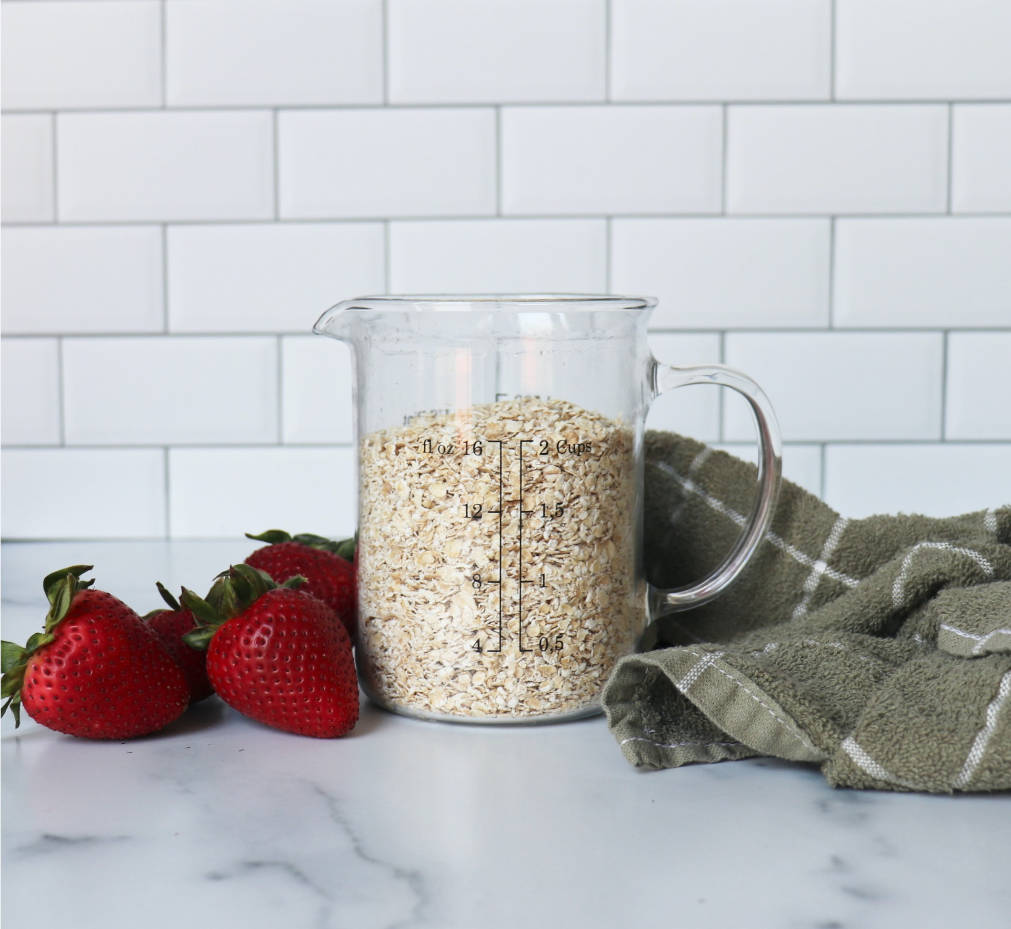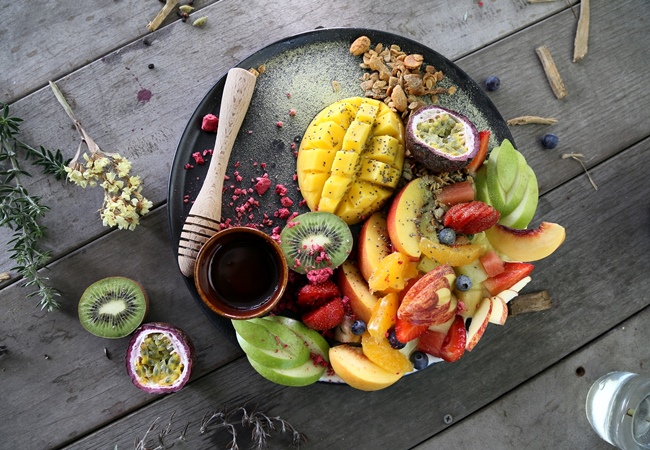Digestive issues, such as constipation, gas, and diarrhea, affect thousands of people. Statistics show that 15% of people residing in Western nations experience a severe gut sensitivity called IBS (Irritable Bowel Syndrome). Your gut is dependent on the correct balance of various bacteria to digest food. Additionally, this is essential in preventing inflammation and infection.
Your gut health also affects your weight, mental health, liver, and blood sugar. A healthy gut is also crucial in nutrient absorption and toxin elimination. This means that when your gut flora is out of whack, you’re in serious problems. Fortunately, you can introduce these six types of foods into your diet that can lead to a diverse microbiota.
1. Probiotics
Probiotics are foods altered by microbes. Technically, the process of fermentation involves bacteria or yeasts. These convert the sugars present in food to alcohol or organic acids. Probiotics are the “ideal bugs” and can be found in fermented food like kimchi, yogurt, kefir, and tempeh. Most of these foods are rich in lactobacilli, a bacteria that can immensely benefit your health. Research shows that people who consume yogurt have more lactobacilli in their intestines. Also, these people have fewer Enterobacteriaceae. Enterobacteriaceae is a bacteria associated with inflammation and some chronic diseases.
Probiotics can also help you deal with diarrhea, strengthen your immunity, and keep your skin and heart-healthy.

2. Whole Grains
Brown or white rice? White bread or whole-meal? “You want to consume whole grains if you want your gut to function better,” says Linda Ann Lee, MD, Associate Professor and a Fellow of the American Gastroenterological Association. “For optimal colon function, your body requires at least 25 grams of fiber daily,” adds Lee. Compared to simple carbohydrates, like white rice and white bread, whole grains provide your body with plenty of fiber. They also offer added nutrients, such as omega-3 fatty acids. “Gut bacteria help ferment fiber and this leads to the production of short-chain fatty acids,” explains Lee. These molecules lead to the proper functioning of the cells lining your colon.

3. Legumes, Beans, and Vegetables
Vegetables are the ideal sources of nutrients for a healthy microbiota. They have a high volume of fiber, which your body can’t digest. But, fiber can be digested by the bacteria in your gut, which increases their growth. Additionally, legumes and beans contain high amounts of fiber. Raspberries, green peas, lentils, broccoli, and artichokes are examples of high-fibre foods that are great for your gut bacteria.
Research has shown that following a diet high in vegetables and fruits can curb some disease-promoting bacteria’s growth.
4. Consider Low-Fructose Fruits
“If you usually experience bloating and gas, it’s in your best interests to lower your consumption of fructose,” says Lee. Foods like mangoes, apples, and pears are high in fructose. Berries and citrus fruits, such as mandarin and bitter orange, contain less fructose. This makes it easier for your gut to tolerate and less likely to cause bloating. Bananas are also great examples of low-fructose fruits that are fiber-rich and contain inulin. Inulin is a substance that encourages the growth of good bacteria in the gut. “It’s also in your best interests to eat avocado. Avocado is packed with fiber and nutrients which help promote a healthy digestive system,” adds Lee.
While it’s good to take the advice of considering low fructose fruit, do not completely eliminate other fruits like mangoes and apples, consider your situation and circumstances.
5. Polyphenols
Polyphenols are micronutrients predominantly found in plants. Consuming polyphenols is thought to improve digestion and brain health. They can also protect against type-2 diabetes, heart disease, and some specific cancers. Tea, coffee and berries are the best-known sources of polyphenols. Polyphenols can also act as antioxidants.
This means they can eliminate harmful free radicals that can damage your cells and increase your risk of conditions like heart disease, cancer, and diabetes. Polyphenols are also thought to curb inflammation, which is believed to be the leading cause of many chronic illnesses. Polyphenols present in green tea can help fight bacteria like E. coli and calm symptoms of IBS.
6. Prebiotic Foods
These are foods that help promote the growth of essential microbes in the gut. They are primarily complex carbs and fiber that cannot be digested by human cells. Many whole grains and vegetables contain prebiotics. But, they can also be found on their own. Resistant starch is also another excellent example of prebiotic. This kind of starch isn’t absorbed in the ileum. Instead, it passes into the colon, where the microbiota breaks it down.

A diet consisting of these foods will see you have improved gut health. However, you want to check with your doctor whether a change in diet may affect you negatively. You need to understand which foods your body is allergic to for instance. This helps you make well-informed decisions when planning your meals. Remember: your gut health is essential in many aspects of your health, treat it wrong, and you’re preparing a recipe for a health disaster.



















